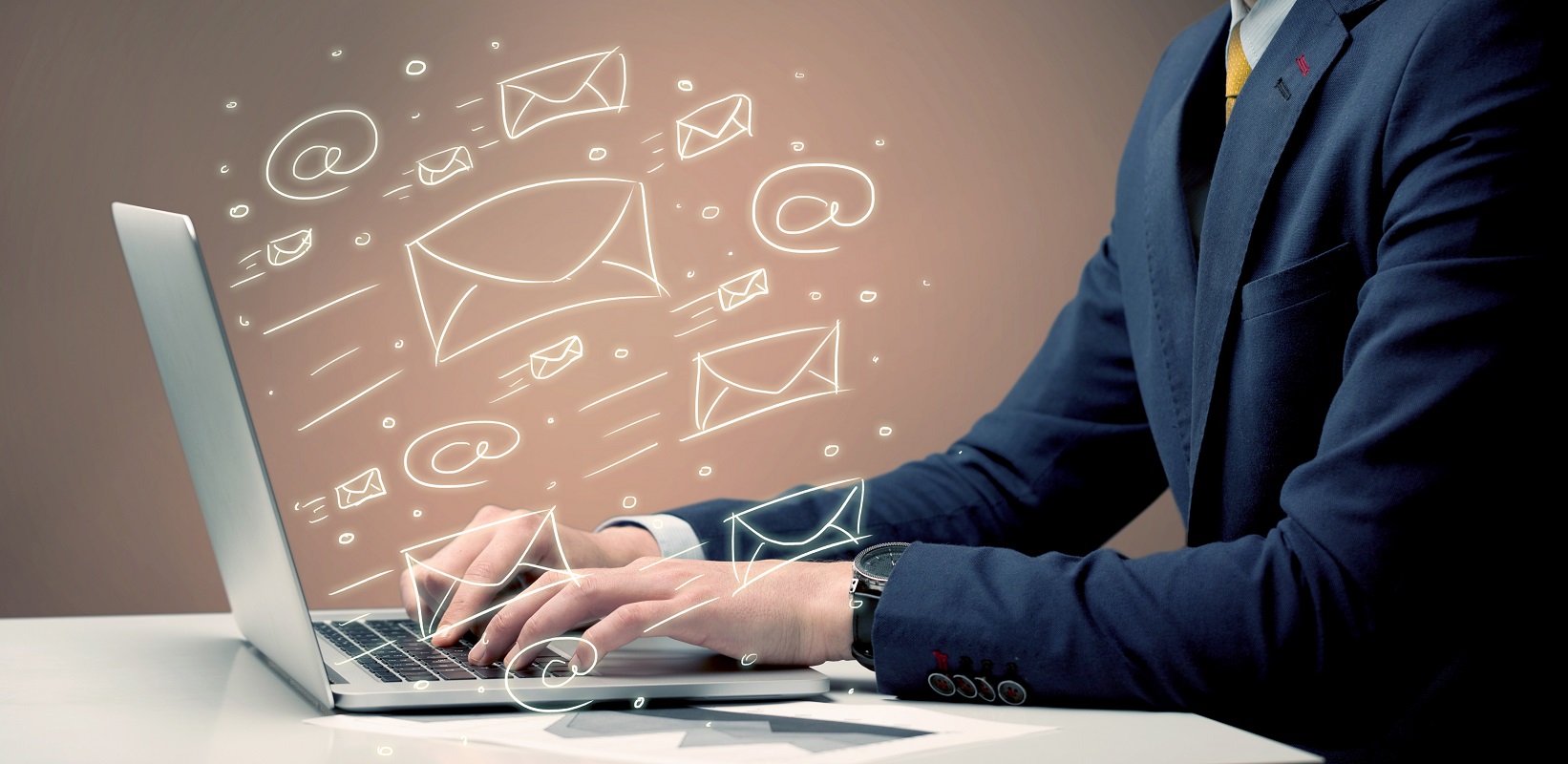
05 Mar Need to handle your email without getting overwhelmed ?
Article written by Gaël Allain and Charlotte Toso, Scientific Director and Cognitive Science Engineer, respectively, of My Mental Training Pro®.
In line with the latest MyMTP Review on the topic of our responsibility as information producers and email broadcasters, we will now focus on our role as receivers. Be aware that, on this topic as well, there is no magic recipe to combat the escalating number of messages received, but a few little tricks are likely to gradually lead you toward the one and only method of effective email management, that is to say … the one that works for you !
Thus, we will not examine the issue of incoming emails from a technical point of view by answering, for example, questions such as: Which sorting system should we choose ? Moreover, is it really necessary to sort one’s emails, given the effectiveness of keyword search tools ?
We will focus more on the impact of this flow of information on our brains by proposing some ways to regain a sense of comfort and efficiency in the management of our emails.
Let’s start with the most effective method ! Let’s disconnect ! Working with one’s mailbox constantly open is not mandatory ! Obviously, depending on the field in which we work, the importance of the information received, and the deadlines to be met, this directive may seem completely delusional.
But let’s take a moment to examine the situation. Indeed, in addition to being a disturbance or even a great source of stress, the fear of missing important “information” is mostly counterproductive!
Here are some arguments that should prompt you to disconnect without a guilty conscience :
The percentage of important information – it is up to you to decide, but for every bit of very important information you are sent, it is likely that you receive a much larger amount of data of lower value and, more often, that is irrelevant to your current task.
The true cost of interruptions – directly related to the previous point, the abundance of interruptions, even if only by a small alert sound (beep, notification…) indicating receipt of an email leads to an attentional disturbance that severely cripples the activity in progress.
The emotional component – associated with a fear of missing information or being too slow to respond… constitutes an unnecessary expenditure of intellectual resources, which is exacerbated by the speed of digital data transfer. All cognitive resources used to regulate the stress associated with flow management are no longer available to process the flow itself.
In short, if you spend less time on your mailbox, you will have more time to process your emails !
Here are a few tricks that will allow us to take responsibility as receivers :
- Let’s plan for the next wave of important emails. Our brain needs to be looked after and has trouble managing activities that never end. It does not like to be interrupted, either. It is, therefore, difficult for it to process emails in real-time, that is to say, while simultaneously carrying out another task. Consequently, it is, essential to plan for the succession of emails throughout the day. The goal is to limit yourself to checking your email 3 or 4 times a day, which can lead to prompt replies when warranted (see point 3). Answers that require more time should be planned and written offline. If the specifics of your job ever necessitate more frequent checking of email, do not worry. Keep in mind that it is still more efficient to check your emails every 30 minutes, rather than to be subjected to the uninterrupted flow of incoming information caused by keeping your mailbox open.
- Let’s analyze the notion of response time and clearly state it in emails. No, not all emails have the same importance, nor do all systematically call for an immediate response or reaction. Sending and receiving information with a clearly defined and explicit response time means that you are not permanently “on call” at work or even sometimes at night and on weekends, with all the stress that that entails.
- Do not spend too much time on answers. On average, writing an email should not take more than 5 minutes. Our answers should be short and concise. Otherwise, we should ask ourselves if this mode of communication is well-suited to the situation…
To conclude and to stay in control of our mailbox, nothing prevents us from using a little cunning !
For example, after holidays or a business trip, we can announce to our correspondents a date of return to the office that is later than our actual return. This leaves us one or two days of extra time during which we can process the emails received at our own pace, without the pressure of deadlines, since we are not supposed to answer before our “official” return !
Similarly, you can clearly announce to your correspondents that you will no longer read emails in which you are not the main recipient. This will limit some of the traffic associated with carbon copying.





Désolé, les commentaires sont fermés pour le moment.